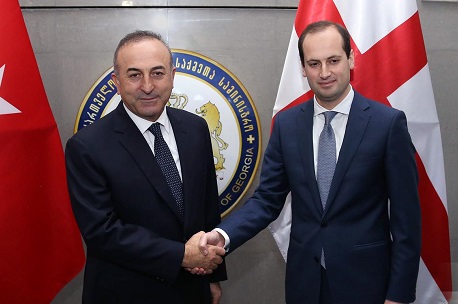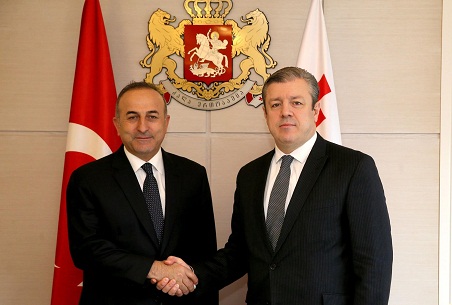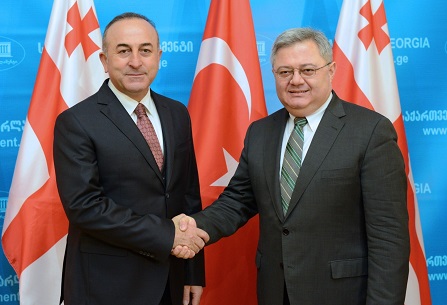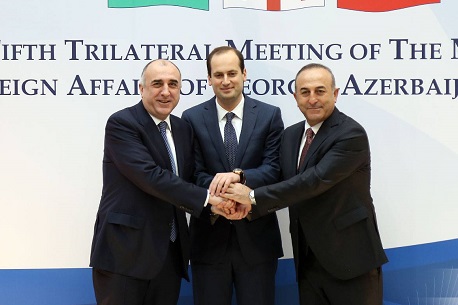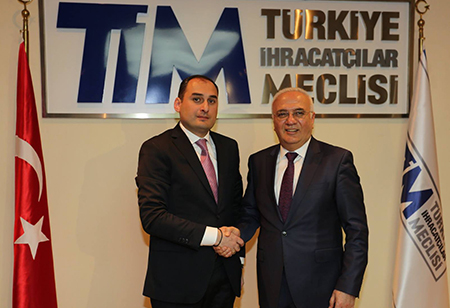Georgia-Turkey signs deal to simplify customs rules
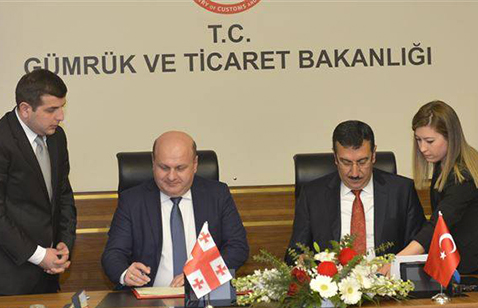
Georgia and Turkey are simplifying bilateral customs rules to make it easier for goods to pass between the two nations.
Today Georgian and Turkish officials signed an agreement to launch an electronic International Road Transports (eTIR) – a standard, internationally recognised customs document that allows nations to exchange data electronically.
The agreement aimed to ensure the secure exchange of data between the customs systems related to the transit of goods between Georgia and Turkey by harmonising administrative formalities of road transport and facilitate the cross border transportation of goods in transit.
Georgia’s Finance Minister Nodar Khaduri met Turkey’s Minister of Customs and Trade Bulent Tufekci yesterday in Turkey to sign the deal.
At the meeting the two sides expressed their willingness to simplify custom services and raise confidence in both countries’ customs administrations.
Launching an eTIR would have a positive impact on trade relations between Georgia and Turkey, believed Georgia’s Finance Ministry.
The eTIR pilot project between Georgia and Turkey started as part of the United Nations Economic Commission for Europe (UNECE) led project 'Strengthening the capacities of developing countries and countries with economies in transition to facilitate legitimate border crossing, regional cooperation and integration' and represents a significant step towards the full computerisation of the TIR procedure.
Also yesterday the Georgian Minister attended an International Customs Day ceremony in Turkey’s capital Ankara.
Turkey is Georgia’s number one trade and economic partner.
Trade turnover between Georgia and Turkey reached $1.38 million USD in January-November 2015.
The sum of Georgia's exports reached $174.2 million USD in the reporting period, which was 20 percent less compared to the same data of 2014.
Meanwhile imports amounted to $1.2 million USD; 23 percent less than in 2014.
 Tweet
Tweet  Share
Share

